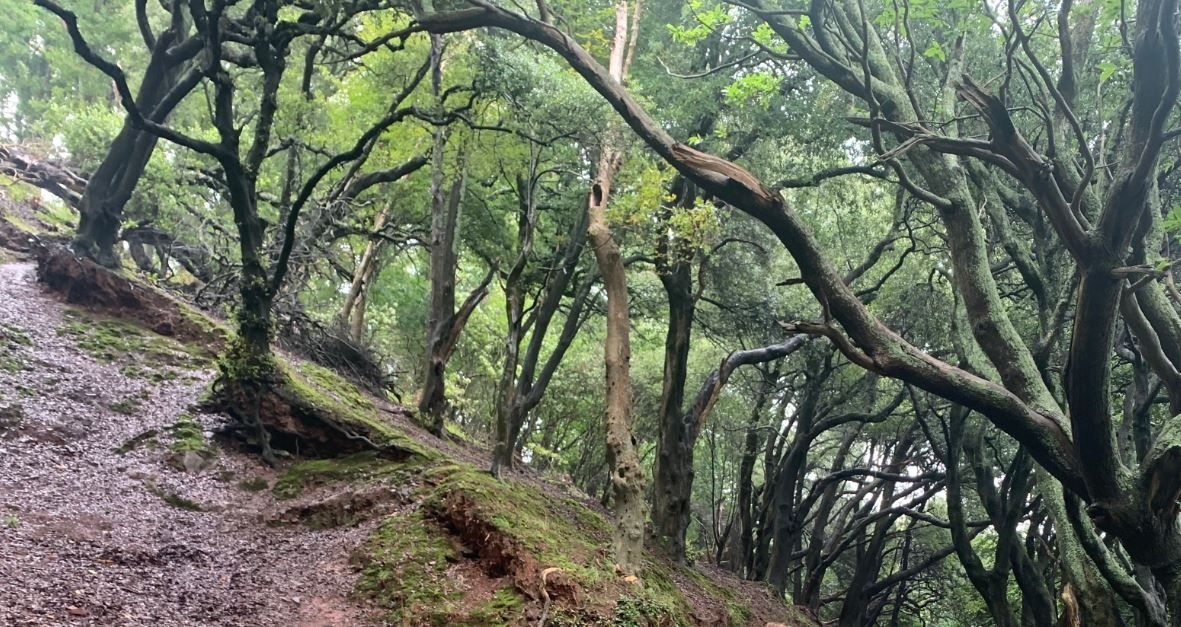Super Linear: Digital marketplaces and the science of cities
Jonathan Greenwold,
, Jonathan Greenwold
Are you anti-fragile?
SHARE
A crisis can reveal the fundamental strengths and vulnerabilities of a business. The Covid pandemic has been no exception: some businesses have been damaged, perhaps irreparably – think of Sir Philip Green’s Arcadia Group in the UK – while others have shown resilience or have even benefited – think of Salesforce’s acquisition of the Slack work collaboration platform for $27.7 billion.
Many of these big wins and losses simply reflect how the virus has impacted particular sectors – bricks and mortar retail in Arcadia’s case, and tech-driven remote working with Slack. But it is worth considering whether the pandemic has wider business lessons for all of us. When you look back over the challenges of 2020, has your business suffered, survived or even been able to draw out from adversity some valuable long-term benefits? Have you had to adapt and, in so doing, improve your business?
It is by using stress to build a better system that science will defeat the virus. November brought positive news of three vaccines. These inoculations use small doses of disabled virus – or its genetic code – to stimulate the body’s immune system and provide protection. The body uses the shock to its system to become more robust.
Similarly, the ability of organisations to benefit from shocks has been described as ‘anti-fragile’ by the author Nassim Nicholas Taleb*. Rather than simply being resilient to a particular shock, more advanced organisations emerge stronger from a stressor.
At AMX we aim to be anti-fragile too, looking to use the lessons from the pandemic to become stronger. Three examples spring to mind.
First, the lockdown prompted us to re-evaluate our approach to remote working, persuading us to become a permanent remote-working operation – ‘AMXNext’ as we call it. We quickly found that remote working had a number of unforeseen benefits – creating a more level-playing field across our different geographies, fostering a sense of cohesion and reducing hierarchy.
In the past, team meetings would have some members attending in person with others calling in from other locations. This sometimes favoured the views of those attending in person with those calling in less able to contribute. With everyone working remotely, this hierarchy disappears. In the pre-Covid world, staff in different locations – even those located on different floors within one building – would form strong bonds while relationships between these different teams were less robust. With everyone now working from home, we found an opportunity to bring the whole business closer together to collaborate more effectively. As we build ‘AMXNext’ – our ‘new normal’ – it’s planned that periodic face-to-face meetings in a physical office will be used in a much more deliberate and mindful way to ensure there is real purpose and benefit to those interactions. Second, the speed of events in 2020 persuaded us to take a very different approach to the way we develop our business strategy. Rather than planning business strategy in a traditional, annual cycle, we’ve moved to a much shorter, more agile approach.
Covid taught us that we need to be able to react very quickly to events and, where possible, to anticipate them. As a result, strategy development has become something the business does all the time rather than a standalone annual project. Just as remote working made the organisation less hierarchical and more democratic, we applied the same ideas to strategy development. Six strategy development workstreams each now focus on a different business area. To foster collaboration and leverage the full breadth of our people, the process includes colleagues from all different parts of the business with varying levels of seniority. Our hope is that, by drawing on the experience of the whole team, AMX can take a bolder, faster paced approach to business development. By breaking up each initiative into a series of small milestones, it’s easier to see if each step has been successful and to quickly draw the lessons where we need to take a different approach. Our aim is to use this approach to build better solutions for our clients, at speed, as their needs evolve. Third, we used our new strategy development approach to quickly build a Brexit solution for UK asset managers who will lose their ability to market their funds into the EU when their ‘passporting’ rights fall away on 1 January 2021. Where AMX’s Irish management company is appointed to a third-party fund it can facilitate meetings between the fund’s UK manager and their onshore European clients. In a post-Covid world, with meetings taking place remotely, this solution is relatively light touch. These are a few of the ways in which we’ve tried to use the challenges of 2020 as stressors to build up our corporate immune system.
If there are ways in which you think AMX can help make your organisation more anti-fragile, please get in touch.
*Antifragile: Things That Gain From Disorder (Random House/Penguin 2012) Photo credit: Cassie Waller
Super Linear: Digital marketplaces and the science of cities
Jonathan Greenwold,
Are you a hedgehog or a fox?
Jonathan Greenwold,


